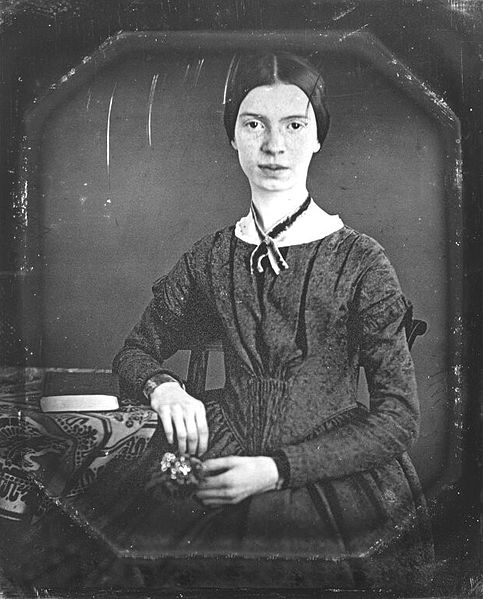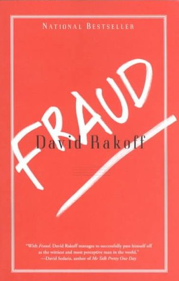When I was in ninth grade, I wrote a research paper on the reclusive poet Emily Dickinson. As best as I can remember, my thesis was that Dickinson’s poetry was ‘art’ in art’s purest form because it was created entirely for its own sake: the merest fraction of Dickinson’s poems were published during her lifetime; the majority were created and known only to her and to God, and were discovered by her family after her death.

But I’m not so sure that Emily’s privacy made her work more “pure.” I think Emily would have gladly sold her poems and would have appreciated acclaim; there’s evidence that she self-consciously constructed her mysterious artistic persona, and her correspondence with literary critic Thomas Wentworth Higginson suggests she wanted to write for an audience.
Even if Emily had never aspired to write for anyone save God and herself, I don’t know that this would have conferred a special status on her work. There’s this myth that comes up now and again that whatever a person does, she does for God and God alone, as if other people, and what they think, play no part. As if doing things “only for God” is purest and best.
I’ll be honest and say that I feel like that’s pretty much hogwash. (“With all due respect, that’s a bunch of malarkey.”) While I’d certainly say that God, who sees what’s done in secret, offers comfort and strength and assurance and a certain kind of reward for work well done–even if no one else sees–I also think that God has made us as social beings, who yearn to communicate and connect with one another.
Which is a long way of saying this: if you are a writer, there’s nothing wrong with wanting an audience. It doesn’t make your work less ‘pure’ or make you less of an ‘artist.’ It certainly doesn’t make you less of a Christian.
It might just make you more fully human–what you were made to be.











